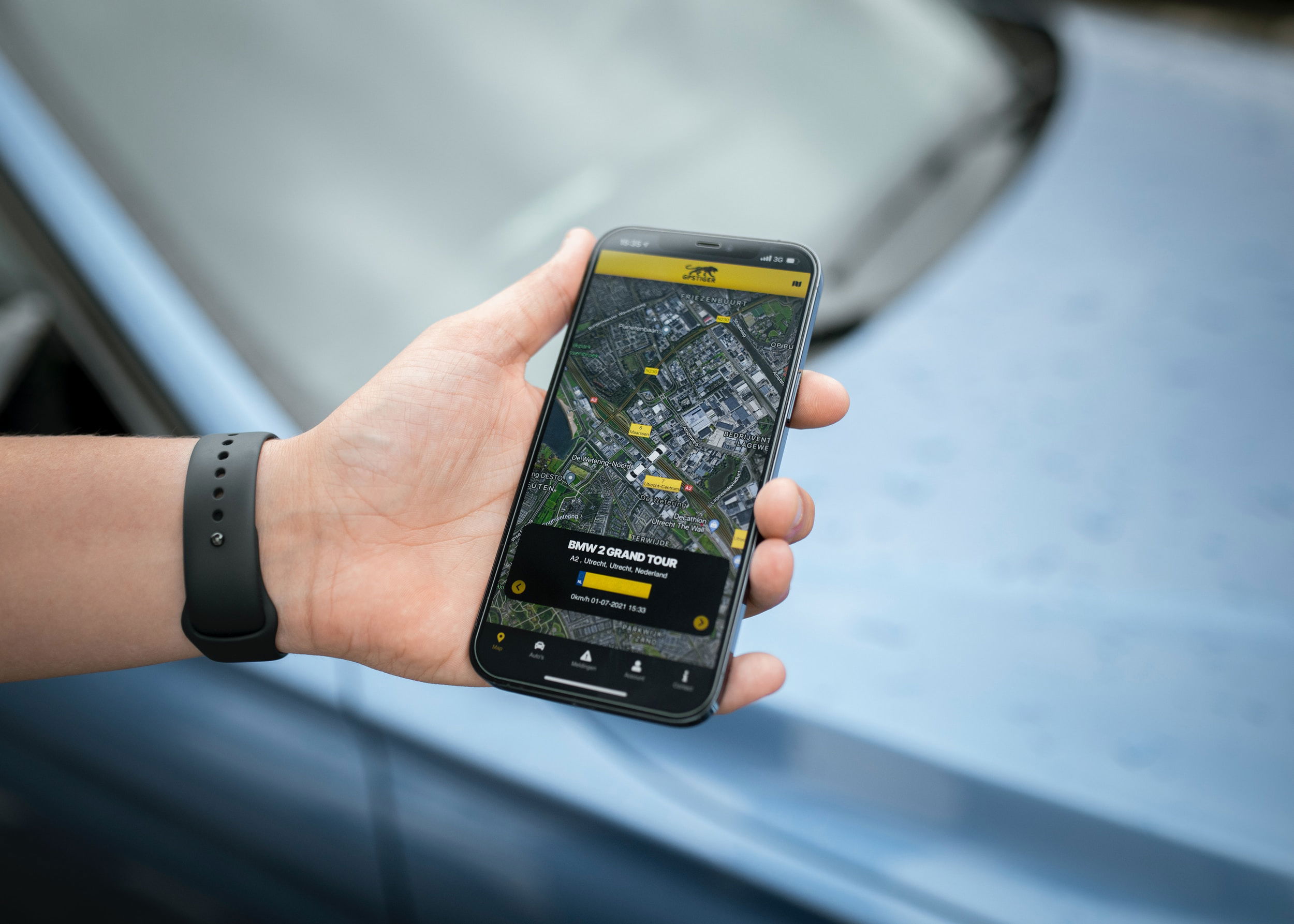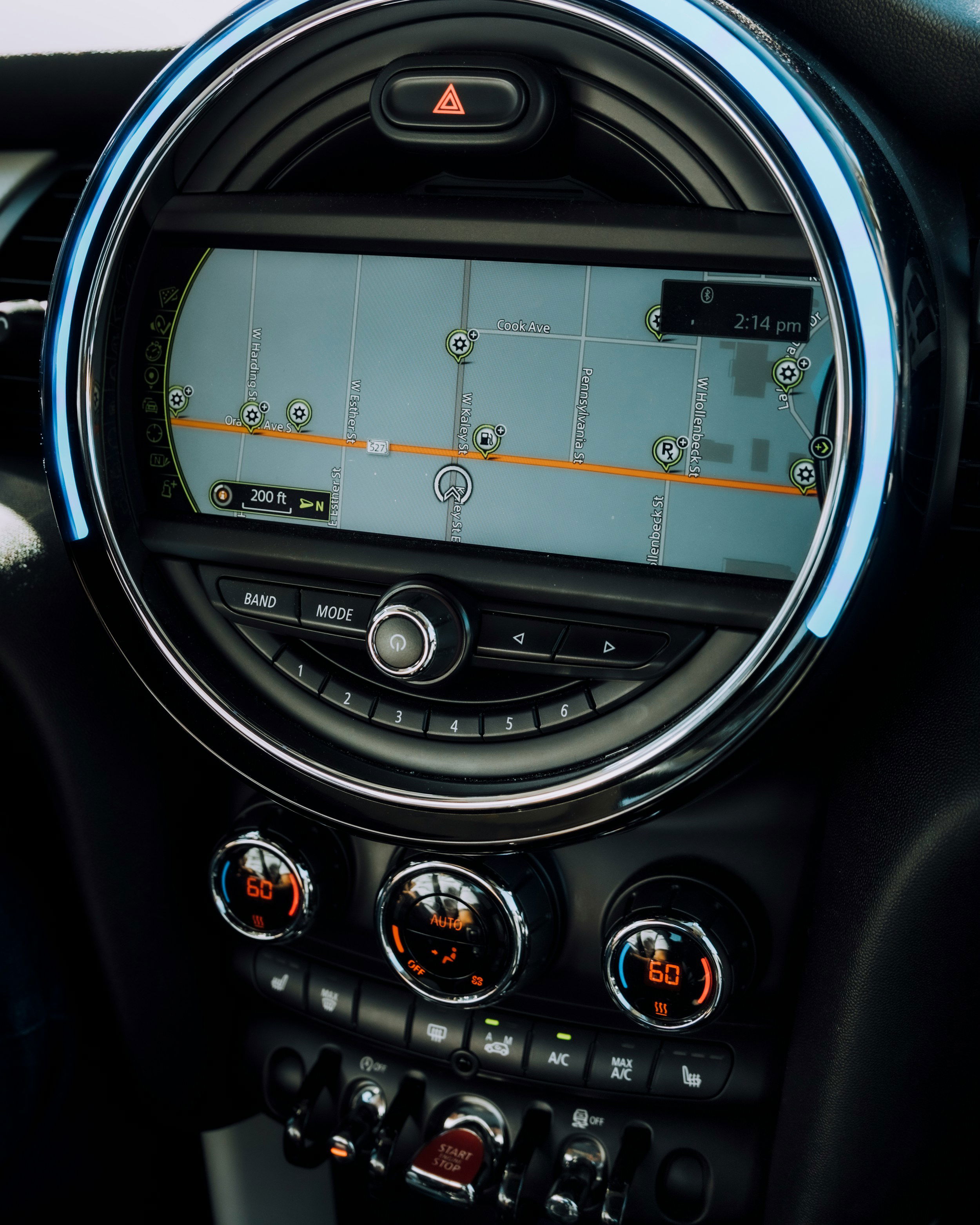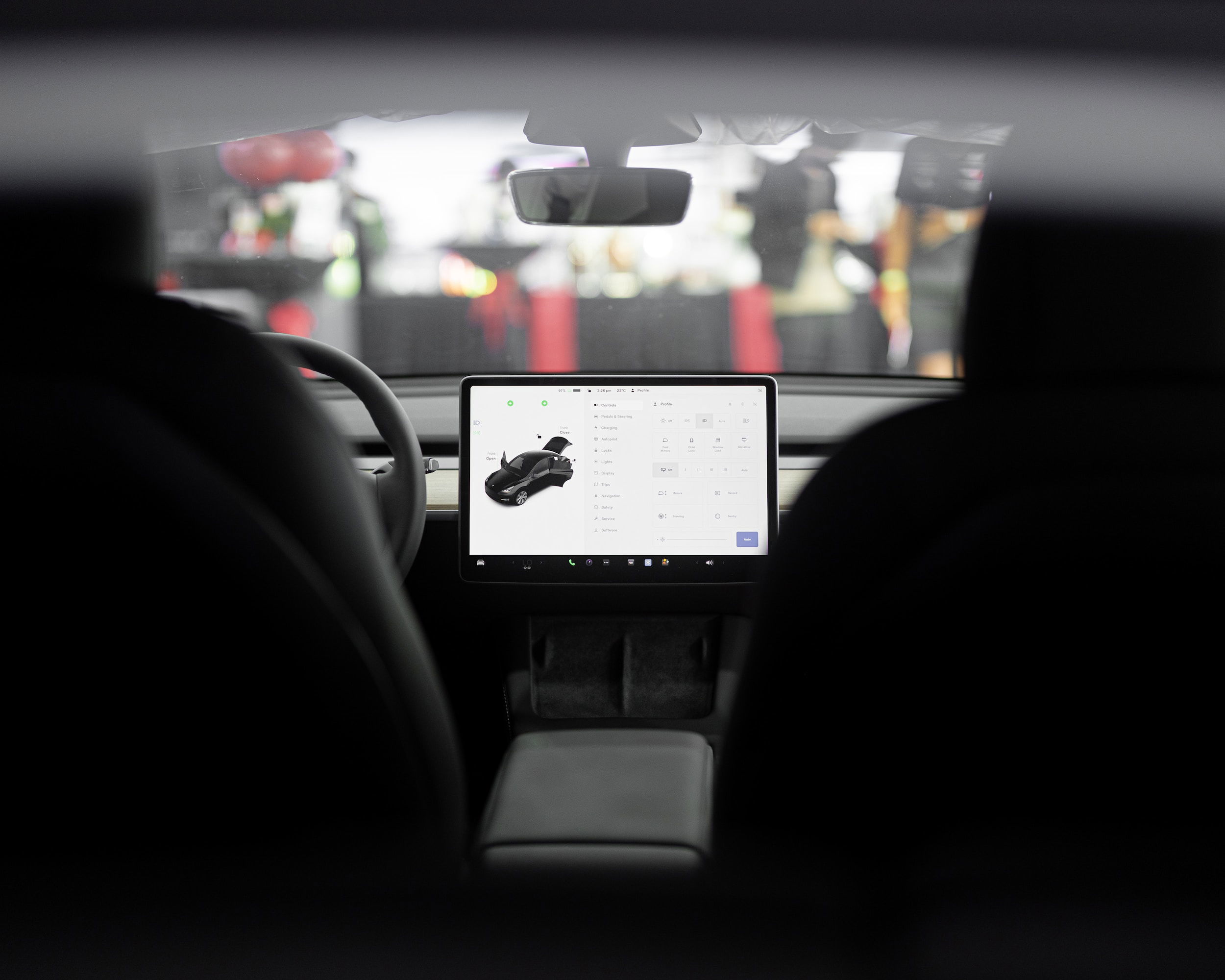Remember When Cars Just Drove? Now They Spy, Track, and Sell
The world may soon long for the days when cars were transport machines. Today, the automobile is a data-harvesting, always-listening, location-tracking spy hub on wheels. If you think your smartphone is the only device selling your secrets, buckle up: your car is likely doing the same, often without your knowledge or consent.
From tracking your driving habits to recording your conversations, today’s vehicles are engineered to collect staggering amounts of personal data, which is then sold, shared, or even weaponized against you.
“Weaponization” may sound dramatic, but the use of personal driving data to increase insurance premiums, deny loans, or target consumers with manipulative ads is well documented. For example, Toyota’s privacy policy allows sharing of driving inputs, location, and social media IDs with advertisers and dealers.
Some automakers even warn that opting out of data sharing may disable vehicle features, such as over-the-air updates or navigation, effectively coercing users into compliance.
A 2024 Consumer Reports investigation found that nearly every major automaker collects detailed driver behavior data, including acceleration, braking, and cornering habits. This data is often shared with insurance companies, lenders, and data brokers—sometimes without the driver’s clear consent.
Similarly, a 2024 Mozilla Foundation report labeled cars “the worst product category we have ever reviewed for privacy,” after its study found that many automakers collect location history, voice recordings, biometric data, and even social media identifiers, often buried in lengthy privacy policies.
According to ABC News Australia, popular car brands collect and share data such as braking patterns, odometer readings, GPS location, and voice recognition inputs with third parties. This explains the 2025 FTC ruling that penalized General Motors for collecting and selling precise geolocation and driving behavior data through its OnStar Smart Driver program—without obtaining proper consent. GM sold the data to consumer reporting agencies, impacting insurance rates.
The 2024 Mashable report about GM, Honda, and Hyundai sharing driver data with brokers like Verisk and LexisNexis is well documented. These brokers used the data to create risk scores used by insurers—often without drivers realizing it. As alarming as all this sounds, it's not all gloom and doom.
You’re not entirely powerless.
While opting out completely might be impossible (short of driving a pre-digital-era clunker), there are ways to minimize your car’s surveillance footprint before it’s too late. Let’s dive into the unsettling reality of automotive data collection—and how you can fight back.
Your Car Knows (Almost) Everything About You

Gone are the days when a car’s memory was limited to your preferred seat position and radio presets. Today’s vehicles are packed with sensors, microphones, cameras, and internet connectivity, all feeding a relentless stream of data back to manufacturers, insurers, advertisers, and even law enforcement.
Sounds overblown? Consider this:
GPS tracking logs everywhere you go, often in real time.
Microphones record cabin conversations, sometimes even when you think they’re off.
Driving behavior (speed, braking, acceleration) is analyzed and sold to data brokers.
Infotainment systems sync with your phone, scraping contacts, texts, and app data.
Cameras (interior and exterior) capture footage that can be subpoenaed or hacked.
And here’s the kicker: most of this happens without explicit, informed consent. Buried in the labyrinthine terms of service you clicked through at the dealership is language granting car companies near-limitless rights to your data.
Who’s Buying Your Driving Data? (And Why You Should Care)

Automakers insist this data collection improves safety and user experience—and sometimes it does. But the real money is in monetization. Companies like General Motors, Ford, and Tesla have entire business units dedicated to selling or leveraging driver data.
Alright, a bit more specifics.
Tesla doesn’t have a standalone “data sales” division per se, but its entire business model is deeply data-driven. The company collects vast amounts of telemetry from its vehicles, supposedly to power:
- Autopilot and Full Self-Driving (FSD) development
- Predictive maintenance and diagnostics
- User behavior analytics to inform design and feature decisions
Both Ford and General Motors have dedicated digital services and connected vehicle divisions that manage and monetize driver data.
GM’s OnStar Smart Driver program collects driving behavior and shares it with insurance partners like LexisNexis and Verisk. This led to the 2025 FTC ban mentioned earlier.
Similarly, Ford’s connected vehicle platform enables data sharing with insurers and fleet managers. While not explicitly categorized as a standalone “business unit,” these efforts are strategically integrated into their digital services and mobility divisions.
That said, insurance companies are among the biggest buyers.
If you’ve ever used a “usage-based insurance” program (like Progressive’s Snapshot), you’ve willingly handed over your driving habits. But even if you haven’t, insurers can purchase similar data from third-party brokers, leading to higher premiums based on behaviors you didn’t realize were being tracked.
Advertisers also love car data. Ever notice how your vehicle’s infotainment system suggests nearby restaurants or gas stations? That’s not magic—it’s location-based ad targeting. Some cars even adjust in-vehicle ads based on where you go.
Then there’s law enforcement. Police routinely request data from automakers to track suspects, and thanks to weak privacy laws, they often get it without a warrant. Worse, cars with always-on internet connections (like many EVs) can become rolling surveillance devices, transmitting real-time location data to authorities.

A 2024 investigation by U.S. Senators Ron Wyden and Edward Markey revealed that many automakers provide vehicle location data to police with only a subpoena, not a warrant. This is significant because a subpoena can be issued by law enforcement without judicial approval. A warrant, by contrast, requires probable cause and a judge’s sign-off.
According to the senators’ findings, Toyota, Nissan, Subaru, Volkswagen, BMW, Mazda, Mercedes-Benz, and Kia admitted they would share location data with police upon subpoena, despite having previously pledged to require a warrant.
Only a few automakers—GM, Ford, Honda, Tesla, and Stellantis—were praised for requiring a warrant for location data, except in emergencies or with customer consent.
The "handshake" between always-on connectivity and real-time surveillance comes from the fact that modern vehicles, especially EVs and connected cars, often have always-on cellular connections to support features like navigation, diagnostics, and subscription services.
This connectivity enables real-time GPS tracking, telematics data transmission (e.g., speed, braking, location history), and remote access by manufacturers or third parties.
A 2025 Criminal Legal News report, based on police records obtained by WIRED, confirmed that law enforcement agencies routinely access connected car data, sometimes without public knowledge or meaningful legal oversight. The report noted that subscription-based features (like hands-free driving or accident recording) increase the volume of data available to police—even when users don’t actively subscribe.
As cars become more connected, they also become more vulnerable. Researchers have demonstrated how thieves can remotely unlock cars, disable brakes, or even track vehicles in real time by exploiting security flaws.
A notorious example of is the 2015 Jeep Cherokee hack by cybersecurity researchers Charlie Miller and Chris Valasek. In a controlled demonstration, they remotely took control of the SUV while it was driving on a highway—disabling its brakes, cutting the transmission, and manipulating the steering.
They exploited a vulnerability in the vehicle’s Uconnect infotainment system, which was connected to the internet via cellular data. Once inside the system, they were able to send malicious commands over the CAN bus, the internal network that controls critical vehicle functions.
Far from an inconsequential lab experiment, it led to Fiat Chrysler recalling 1.4 million vehicles, marking the first time a cybersecurity flaw triggered a mass automotive recall. It also prompted the U.S. government to take automotive cybersecurity more seriously, including hearings in Congress and new research initiatives by the National Highway Traffic Safety Administration (NHTSA).
How to Disable (or At Least Limit) Your Car’s Spying

You’ll never fully escape your car’s surveillance—short of trading it in for a 1992 Toyota with manual windows—but you can reduce its intrusiveness.
Here’s how:
1. Kill the Connectivity
Many cars have built-in cellular modems for "emergency services" and remote features. The problem is that these modems also transmit data 24/7. Some manufacturers let you disable this—check your car’s manual for terms like "telematics" or "data sharing." If there’s no opt-out in settings, try contacting customer service (though they’ll likely resist).
-----------------------
For a more drastic approach, locate the car’s telematics control unit (TCU)—often found under the dashboard or in the trunk—and unplug it. This may disable features like emergency calling or remote start, but it’ll stop the data bleed. (Warning: Check your warranty first—some automakers void coverage for tampering.)
2. Stop Your Infotainment System From Snitching
Your car’s touchscreen is a data goldmine. To minimize leakage:
- Don’t connect your phone via Bluetooth or USB unless necessary. Sync only calls, not contacts or messages.
- Use a burner phone or standalone GPS instead of your car’s built-in navigation.
- Regularly delete saved locations and history from your infotainment system.
- Avoid signing into third-party apps (like Spotify or Google Maps) through your car.
3. Cover the Cameras, Mute the Mics
If your car has an interior camera (common in newer models like Teslas and BMWs), slap a piece of opaque tape over it. For microphones, check your settings for a hard mute option—if none exists, consider using a Faraday pouch for your key fob (some cars keep mics active even when "off").
4. Opt Out of Data Sharing (If Possible)
Under laws like California’s Consumer Privacy Act (CCPA), you can sometimes request that automakers delete or stop selling your data. Look for a "Privacy" section on your manufacturer’s website and submit a formal opt-out request. Be prepared for resistance—many companies make this deliberately cumbersome.
5. Use a Faraday Bag for Your Key (and Maybe Your Car)
Key fobs emit constant signals that can be intercepted to unlock your car. A Faraday bag blocks these signals when not in use. For extra paranoia, some owners store their entire car in a Faraday garage or use signal-blocking paint—extreme, but effective.
6. Lie to Your Car
If your car demands personal info (like your name, address, or phone number), give it fake data. There’s no law requiring you to provide accurate details to your infotainment system.
7. Drive Older (Or Go Open Source)
The only surefire way to avoid car surveillance? Drive something pre-2010, before telematics became ubiquitous.
We heartily recommend the 2000–2005 Toyota Land Cruiser (J100 Series), the gold standard for analog durability. It's perfect because:
- No built-in telematics or cellular connectivity — it predates the era of always-on tracking.
- Legendary reliability — the 4.7L V8 engine is known to run for 300,000+ miles with basic maintenance.
- Mechanical over digital — minimal electronic interference, especially in earlier trims.
- Global parts availability — it’s used by NGOs, militaries, and off-grid adventurers worldwide.
- Off-road capable — if you ever want to disappear into the wilderness, this is your ride.
If you’re tech-savvy, projects like OpenVehicle and Comma.ai offer open-source alternatives to proprietary car software, though they require some tinkering.
The Fight for Automotive Privacy Isn’t Over
Car companies (and lawmakers) are betting you won’t care enough to resist the surveillance creep. So far, they’ve been right. But as awareness grows, pressure mounts for stronger regulations. In the EU, the General Data Protection Regulation (GDPR) forces some transparency, but the U.S. lags behind.
Until real change comes, your best weapons are skepticism and sabotage. Read your car’s privacy policy (as tedious as it is). Disable what you can. Demand opt-outs. And remember: if you’re not paying for the product, you are the product—even when that product weighs two tons and gets 30 miles to the gallon.
Your car may be watching, but it’s not too late to look back.